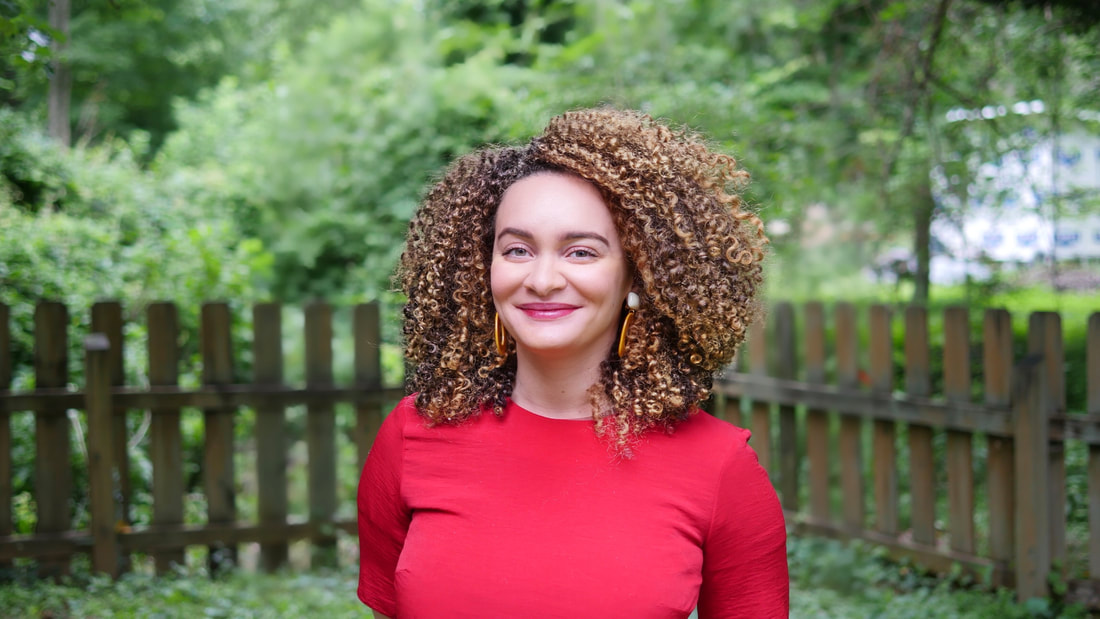|
sThere are so many stories that I want to tell in these memoirs, many that I’ve only alluded to, or told in fragments while framing other narratives. But each week when I sit down to write, I’m inspired by a hook that feels fresh and is on the forefront of my mind. Sometimes that hook will lead me back to a moment in the past that is important to share, and sometimes it won’t. I hope that naturally over the next year I’m able to articulate everything that I set out wanting to. Or, perhaps, responding to my emotions in the moment and letting the writing take me where it wants to go isn’t such a terrible thing. So what’s on my mind today? One man, who I spoke to for about five minutes, almost two weeks ago.
We were leaving a market in Stone Town, the largest city on Unguja Island in the Zanzibar Archipelago, and Alex was with a guy who wanted to sell us all kinds of things. This was our fourth day in Stone Town, so we were pretty accustomed to everything that was on offer and well beyond being receptive to a pitch. While Alex was busy with this man, an elderly man ran up to us. While he was running he dropped a few necklaces out of his brown paper bag, and scowled while he picked them up and put them back in. He seemed unhappy, and unwell, so I felt sympathy for him immediately – though I note sympathy is almost never productive and usually disempowering. He asked me if I wanted to buy some of the necklaces, and I politely declined in Swahili. Apana, asante. No, thank you. I already have all that I need. He frowned at me and kept pulling different things out of the bag. Did I want postcards instead? A sim card? I told him that I appreciate the offer but I was not looking to purchase anything. He asked me why I would bother to come to his island to simply take things from him and give nothing back. I felt quite confronted. Sir, I respect that you are making a living, but I am just taking a walk. I have all that I need. Why was I here then? I explained that I’d come here for work and was now trying to explore and appreciate the country. He asked me what I did for work, and when I told him, he asked me why I was only interested in supporting other rich people. He said that I probably bought things at home from Chinese and Indian shops, but felt no need to support him or his work. Then he kicked the dirt, frowned at me, and walked away. And it stuck with me. It’s hardly the first time, but I’ve been so acutely aware of inequality and livelihoods lately that I felt like a hypocrite, and perhaps an active part of the problem. I spent the night in a terrible mood, reading about colonialism in Africa and wondering if buying trinkets would actually help anything. Alex tried to console me, yet I just kept snapping. Should I just buy the stuff? Is it better I give away whatever I have and help someone make a living, even if I don’t want it? I ended up buying a fair few things I didn’t want from other people (including a potentially life-threatening ‘black henna’ tattoo from an elderly lady that turned out to be a toxic chemical), in response to my encounter with this man, and I still don’t necessarily think this is the right response. Why I reacted so strongly I’m not sure, I’ve spent many months living in Sub-Saharan Africa, and yet I never had anyone outright accuse me of refusing to support them in such a modest way. It isn’t like the time my neighbour wanted $150 to fix their imaginary car to go to a fictional funeral – this was just a man in front of me asking for about $1 for something he’d carved with his own hands. And I kept saying no. This was during our second week Tanzania. I spent the first week working at a conference in Dar es Salaam, before taking a ferry to Zanzibar. I’m incredibly fortunate that my company pays for business class travel on long haul flights – but even more so that if we choose to downgrade to economy, we are able to bring someone along at no added cost. So I brought my husband here on a holiday that has cost us next to nothing, as we have been staying in modest Airbnbs with locals and keeping our costs down. Alex is a full time student this year, and we are living in inner London on only my salary and saving up for our move in December, so trust me when I say we don’t have cash to burn. To the people on the street, Alex and I aren’t budget travellers who are keen to explore and meet locals while spending as little as possible, we are white so we may as well have sailed in on a private yacht and be staying in a penthouse. Tourism is a major industry in Zanzibar, and everyone needs to make a living, yet being offered the same tours and the same experiences (all out of our budget) continuously, and having nobody believe we actually can’t afford it becomes very tiring. I’m also not entirely comfortable with being perceived as white – as I’m biracial. I’m African American, and Australian (of British and black Caribbean descent) in equal parts. I have very pale skin, but I also have many distinctively African features like my afro. I also realise that this isn’t a racial issue alone, many black people who clearly look foreign based on how they are dressed get the same harassment I’m sure. But despite my African lineage on both sides, I was raised in the West, I’m an Australian and American citizen, I benefit from essentially all of the ‘perks’ of white privilege, and I have a job that allows me to travel and to enjoy the world (even if I don’t have much disposable income). Do I just need to accept that every time I visit less developed parts of Africa, I’m always going to be perceived as just another rich white person who should be giving their support? This is the 14th in a series of 52 Memoirs I will be posting weekly until April 2018. Look out for new posts every Wednesday! |
AuthorMy name is Keeya-Lee Ayre, but I go by just Keeya if the context is casual. I'm American-born, Australian-raised, and living in Atlanta after a 2 year stint in London. I work in the humanitarian innovation / tech / social impact space. You can follow me on twitter here! Archives
February 2018
Categories |



 RSS Feed
RSS Feed